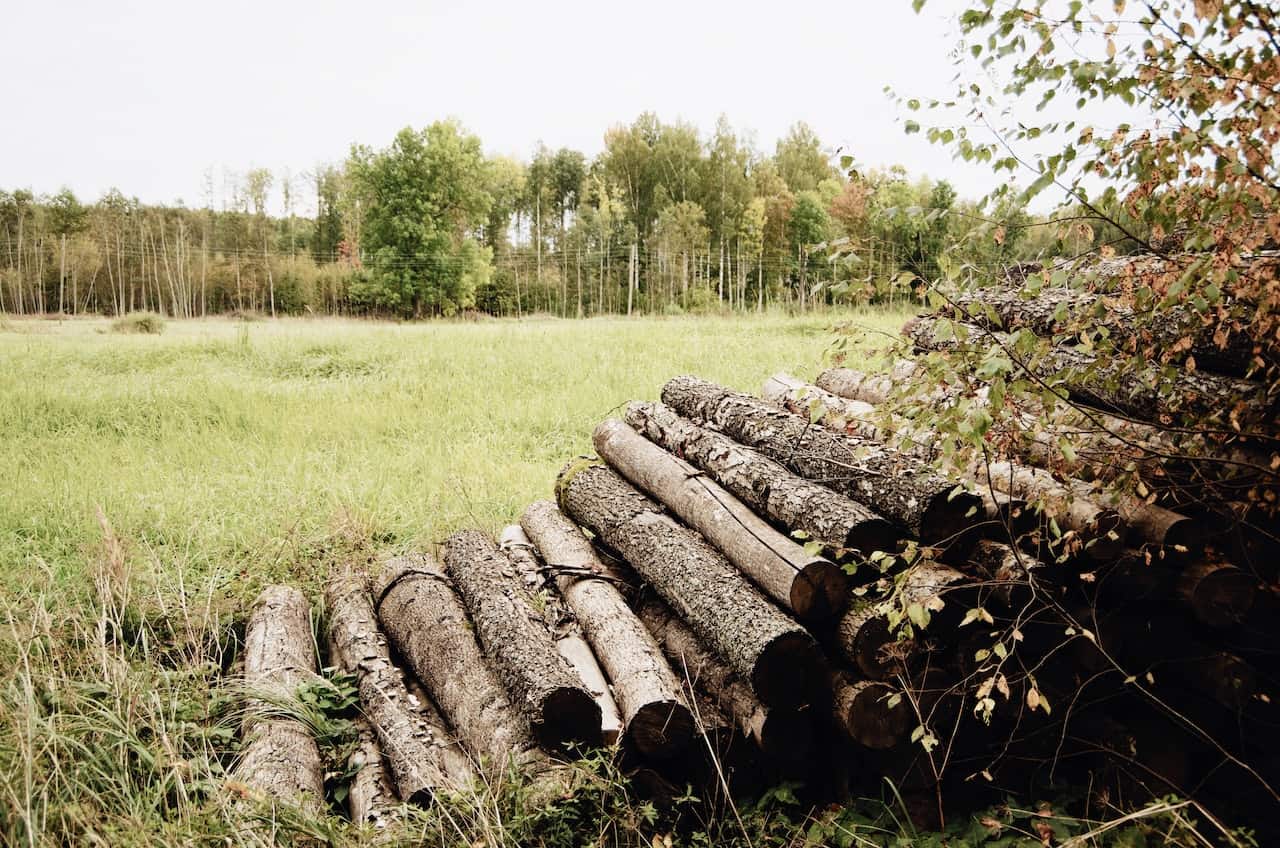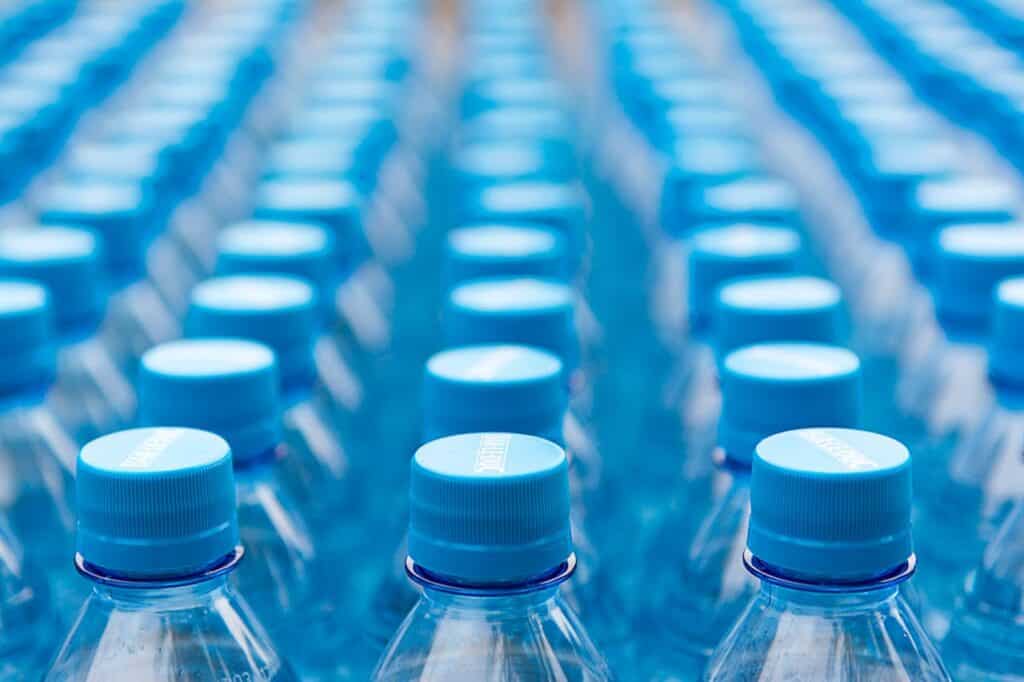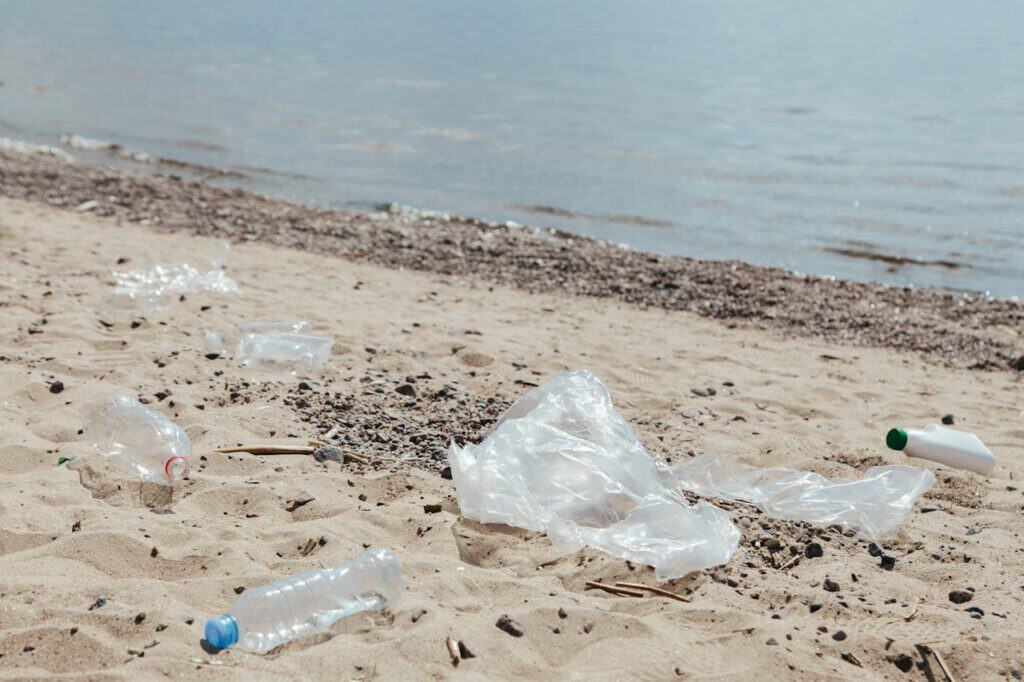How Does Recycling Help The Environment
Helping The Environment By Recycling
Recycling helps the environment in various ways. From reducing greenhouse gases to saving extraction of raw materials from the earth, the benefits of recycling are monumental. Whilst recycling rates rise for many businesses, some are still falling short disposing of their waste materials sustainably. In this blog, we are going to explore 5 ways that recycling helps the environment and how you can implement a recycling program.
5 Ways Recycling Helps The Environment
-
Recycling Reduces Greenhouse Gas Emissions and Fossil Fuel Consumption
Recycling reduces the amount of carbon dioxide and other greenhouse gas emissions that are released into the atmosphere. The production of recycled materials, such as recycled plastic and recycled paper, requires significantly less energy than the production of new materials. As a result, recycling saves energy and reduces the need for fossil fuels in manufacturing processes, which in turn helps in reducing carbon emissions.
-
Recycling Conserves Natural Resources
By reusing materials, recycling conserves natural resources such as trees, water, and minerals. For example, producing recycled paper from used paper products saves trees from being cut down, while manufacturing glass bottles from recycled glass reduces the need for raw materials like sand and limestone. This not only helps preserve our environment but also ensures the sustainability of resources for future generations.
-
Recycling Reduces Waste in Landfills
Recycling reduces the amount of waste that ends up in landfills. When materials such as plastic, paper, and glass are recycled, they are transformed into new products, reducing the need for raw materials and the amount of waste that is discarded. This decreases the space needed for landfills and reduces the release of harmful methane gas produced during decomposition.
-
Recycling Saves Energy
Recycling saves energy by reducing the amount of energy required for the production of new materials . For instance, the process of recycling aluminum uses 95% less energy than producing new aluminum from raw materials. Similarly, the production of recycled paper consumes 70% less energy compared to creating paper from virgin pulp. By saving energy, recycling also helps to decrease the overall demand for fossil fuels, which are the primary source of greenhouse gas emissions.
-
Boosts the Economy and Supports Local Industries
Recycling not only benefits the environment but also contributes to the economy by creating jobs and supporting local industries. The recycling industry employs a large number of people in various roles, including collection, sorting, and processing of recycled materials. By increasing the recycling rate, businesses can help generate more employment opportunities and stimulate economic growth.
How Businesses Can Implement a Recycling Program
Implementing a recycling program within a business may seem like a daunting task, but it is an essential step towards reducing the company’s environmental footprint. Here are some steps to help businesses establish a successful recycling program:
-
Conduct a Waste Audit
Analyse the types and amounts of waste generated by the company to identify the materials that can be recycled. This will help determine the focus of the recycling program and the necessary infrastructure required.
-
Create a Recycling Plan
Develop a comprehensive recycling plan that outlines the types of materials to be recycled, collection methods, and recycling partners.
-
Educate and Train Employees
Implement training programs to educate employees about the importance of recycling, how to recycle correctly, and the company’s recycling goals. Encourage employees to participate actively in the recycling program and provide incentives for their involvement.
Recycle Your Business Waste With Us And Help The Environment
You can help the environment by recycling your business waste with us. We collect and recycle plastic, cardboard, paper and other materials. Our team can arrange an appropriate collection day and ensure waste is recycled and repurposed into new products.








